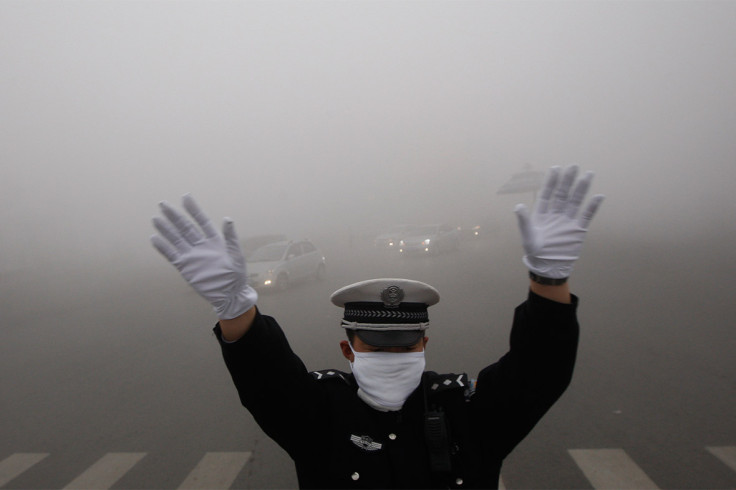Study Serves Huge Blow to 'Any Remaining Climate Change Deniers'

Climate change deniers have been dealt a huge blow following the release of a study that says the natural warming hypothesis can be ruled out with 99% accuracy.
Scientists at McGill University, Montreal, have said they can say with overwhelming confidence that climate change is the result of man-made emissions.
Published in the journal Climate Dynamics, the researchers analysed temperature data since 1500. Their findings almost completely rule out the possibility that global warming in the industrial era is a natural fluctuation in the planet's climate.
Shaun Lovejoy, research leader, said: "This study will be a blow to any remaining climate-change deniers. Their two most convincing arguments - that the warming is natural in origin, and that the computer models are wrong - are either directly contradicted by this analysis, or simply do not apply to it."
The authors examined historical data to work out if global warming was due to natural long-term variations, rather than using computer models to estimate the effects of greenhouse gas emission.
They worked this out by applying a statistical methodology to work out how likely global warming since 1880 was due to natural variability. Their answer was no.

Climate reconstructions also took into account a number of natural changes found in nature, including tree rings, ice cores and lake sediments. Fluctuation analysis made it possible to understand how temperature varies over time.
Lovejoy's analysis looked at CO2 from the burning of fossil fuels as a proxy for all man-made climate influences from the industrial era. "This allows the new approach to implicitly include the cooling effects of particulate pollution that are still poorly quantified in computer models," he said.
The findings reflect those found in a recent report by the International Panel on Climate Change (IPCC), which said 97% of climate scientists agree that global warming was the result of man-made influences.
Lovejoy's report says, with 95% confidence, that a doubling of CO2 levels in the atmosphere will result in global temperatures increasing by 2.5C and 4.2C.
"We've had a fluctuation in average temperature that's just huge since 1880 - on the order of about 0.9 degrees Celsius," he said. "This study shows that the odds of that being caused by natural fluctuations are less than one in a hundred and are likely to be less than one in a thousand.
"While the statistical rejection of a hypothesis can't generally be used to conclude the truth of any specific alternative, in many cases - including this one - the rejection of one greatly enhances the credibility of the other."
© Copyright IBTimes 2025. All rights reserved.






















